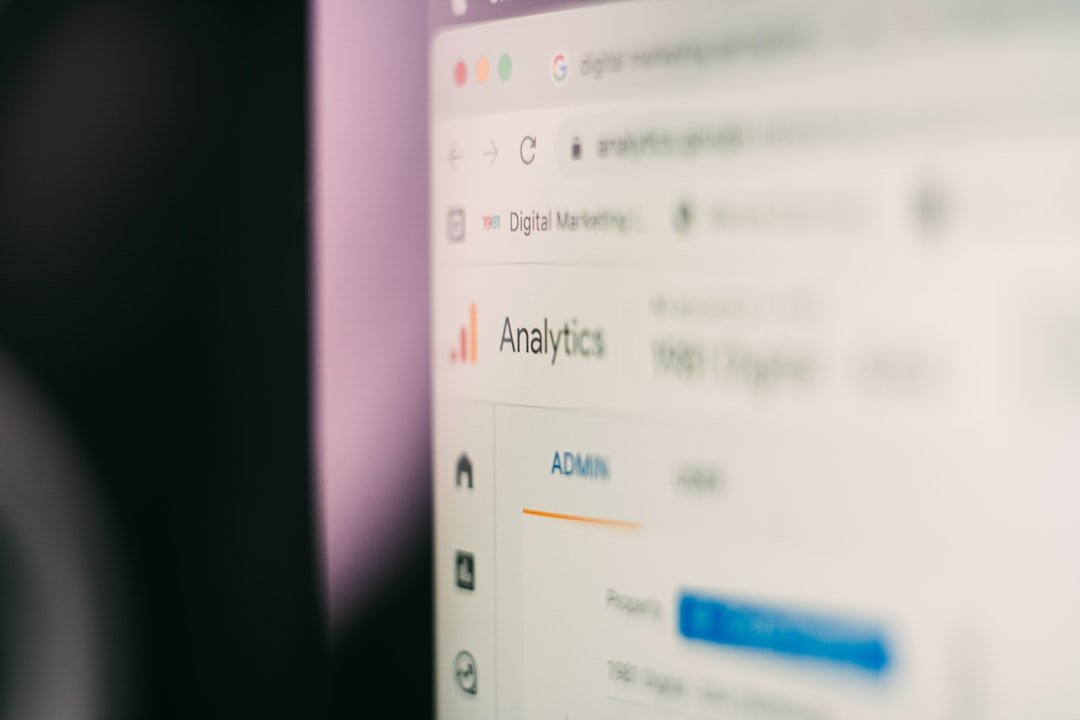In today’s rapidly evolving digital landscape, businesses are drowning in data. Marketing teams collect information from countless sources – website analytics, social media engagement, CRM systems, and more. But simply having data isn’t enough. The real challenge lies in transforming that raw data into actionable insights that drive smarter marketing decisions. This is where Artificial Intelligence (AI) steps in, offering powerful tools to analyze vast datasets and unlock previously hidden opportunities.
The Power of AI in Marketing Analytics
AI’s ability to process and interpret massive amounts of data far surpasses human capabilities. Traditional methods often struggle to keep up with the volume and velocity of modern marketing data. AI algorithms, however, can sift through terabytes of information, identifying patterns and trends that would otherwise remain invisible. This allows marketers to move beyond basic reporting and delve into predictive analytics, uncovering crucial insights that inform strategy and improve ROI.
Key Applications of AI in Marketing Analytics
AI is revolutionizing marketing analytics in several key areas:
- Predictive Analytics: AI algorithms can analyze historical data to predict future customer behavior, such as purchase likelihood, churn risk, and response to marketing campaigns. This allows for proactive, targeted interventions to improve customer retention and drive sales.
- Customer Segmentation: AI can automatically segment customers based on a multitude of factors, including demographics, purchase history, website behavior, and social media activity. This granular level of segmentation enables highly personalized marketing messages and campaigns, maximizing engagement and conversion rates.
- Campaign Optimization: AI can optimize marketing campaigns in real-time by analyzing performance data and adjusting strategies accordingly. This includes A/B testing variations, targeting the most responsive audience segments, and optimizing ad spend to achieve maximum impact.
- Sentiment Analysis: AI can analyze social media posts, reviews, and other customer feedback to gauge public sentiment toward a brand or product. This provides valuable insights into customer perception and allows for timely adjustments to marketing strategies.
- Chatbots and Virtual Assistants: AI-powered chatbots can provide instant customer support, answer frequently asked questions, and guide customers through the purchase process, enhancing customer experience and freeing up human agents for more complex tasks.
Choosing the Right AI Tools
The market offers a wide array of AI-powered marketing analytics tools, each with its strengths and weaknesses. When choosing a solution, consider the following:
- Scalability: Ensure the tool can handle your current data volume and accommodate future growth.
- Integration: The tool should seamlessly integrate with your existing marketing technology stack.
- User-Friendliness: Choose a tool with an intuitive interface that is easy for your team to use and understand.
- Reporting and Visualization: The tool should provide clear, concise reports and visualizations that are easy to interpret and share with stakeholders.
- Support and Training: Look for a vendor that offers robust support and training to help your team get the most out of the tool.
Overcoming Challenges in Implementing AI
While AI offers tremendous potential, implementing it effectively requires careful planning and consideration. Some common challenges include:
- Data Quality: AI algorithms are only as good as the data they are trained on. Ensuring data accuracy, completeness, and consistency is crucial for achieving reliable results.
- Data Privacy: Handling customer data ethically and responsibly is paramount. Choose AI tools that comply with relevant data privacy regulations.
- Integration Complexity: Integrating AI tools with existing systems can be complex and require technical expertise.
- Lack of Expertise: Successfully leveraging AI requires a skilled team with expertise in data science, machine learning, and marketing analytics.
Conclusion
AI is rapidly transforming the field of marketing analytics, empowering businesses to make data-driven decisions with unprecedented accuracy and efficiency. By leveraging AI tools, marketers can unlock hidden insights, personalize customer experiences, optimize campaigns, and ultimately achieve greater success. However, careful planning, data quality management, and a skilled team are essential for successfully implementing and maximizing the benefits of AI in marketing analytics. The journey from data to decisions is no longer a linear process; it’s an iterative and intelligent one, powered by the transformative capabilities of AI.








